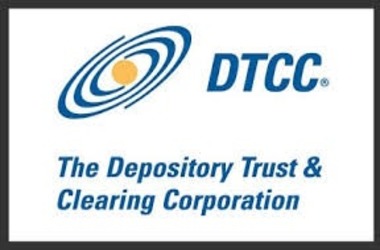
The company’s media release has highlighted the anticipated increase in implementation of distributed ledger technology in worldwide financial services.
The DTCC has released a new white paper titled ‘Security of DLT Networks,’ which suggests the development of a detailed, DLT-focused Security Framework, and also the establishment of an Industry Consortium that would take initiatives for research into rules and benchmarks for the industry.
DTCC, in its white paper, has pointed out that DLT adoption in financial services is marked by divided yardsticks and rules related to tech targeted security threats.
Furthermore, DTCC acknowledges that DLT adoption will offer various players a range of value propositions, conspicuously “strengthened identity measures, improvements in information preservation and data integrity, processing efficiencies, increased operational capacity, and compliance effectiveness.”
The advantages also accompanies new threats, with need for better benchmarks to guarantee DLT interoperability, agreement over technical lingo, able administration and sound digital identity administration.
All financial sector partakers thus have an enthusiasm in playing a part in the development of a DLT security infrastructure, the document claims.
For individual entities, DTCC proposes establishing top modus covering various spheres such as handling of risk, tracking, third-party handling, cybersecurity and event response.
Furthermore, tech-focused thoughts should be borne-in mind for the development, storage, sustenance and elimination of vulnerable info.
These thoughts would intend to fill the security flaw between DLT and legacy IT ecosystem and setup benchmark verification methods with focus on the utilization of cryptographic hash operations.
Stephen Scharf, chief security officer at DTCC, has emphasized the requirement for a unified strategy to build industry-wide general opinion.
“As is common in IT security communities, frameworks must be widely available, generally agreed upon, and commonly adopted. As best practices mature, they can be adopted into a formal framework and used for financial industry participants and regulators alike.”
This is not the first-time DTCC attempts to manage the worldwide policy benchmarks it perceives to be obligatory for seamless DLT adoption in financial services.
In March 2019, the organization released a white paper underlining governing rules for the post-trade handling of tokenized securities.
Two years back, a DTCC led research identified that DLT is adequately scalable to back daily trade volumes of the US equity market. DTCC, furthermore, has strategy to overhaul its Trade Information Warehouse with DLT.